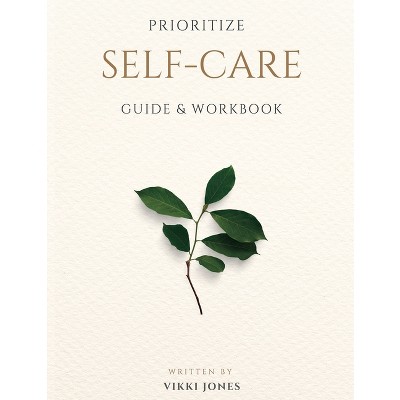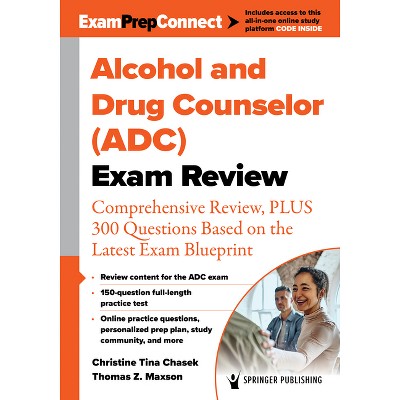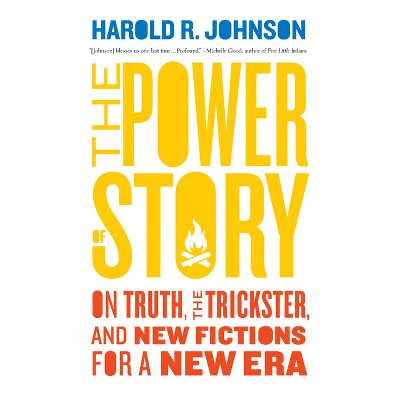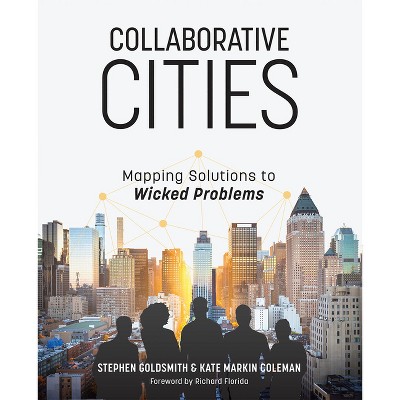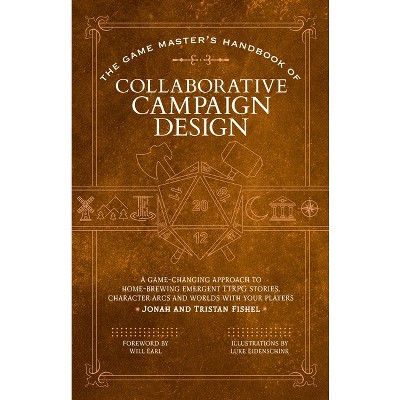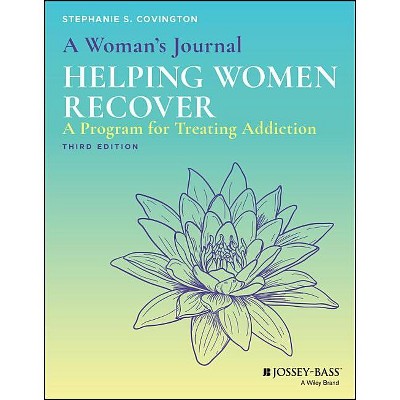Sponsored

Collaborative Helping - by William C Madsen & Kevin Gillespie (Paperback)
In Stock
Sponsored
About this item
Highlights
- An interdisciplinary framework for sustainable helping through cross-system collaboration This hands-on resource provides clear, practical guidance for supportive service professionals working in a home-based environment.
- About the Author: WILLIAM MADSEN, PhD, is an internationally-renowned consultant in the fields of family therapy and social work.
- 240 Pages
- Medical, Nursing Home Care
Description
About the Book
"This book outlines a clear map for dealing with the complex and often ambiguous situations encountered by those working in supportive services. Drawing from numerous interviews with frontline helpers and people seeking help, this resource uses stories to introduce and illustrate core ideas and practices. Examining some of the common dilemmas of working with and advocating for the people served in home and community based settings, this unique volume explores how to collaborate with traditionally trained professionals across systems and how to involve people's natural networks and communities in helping endeavors"--Book Synopsis
An interdisciplinary framework for sustainable helping through cross-system collaborationThis hands-on resource provides clear, practical guidance for supportive service professionals working in a home-based environment. Drawing on best practices from a range of disciplines, this book provides a clear map for dealing with the complex and often ambiguous situations that arise with individuals and families, with applications extending to supervision and organizational change. Readers gain the advice and insight of real-world frontline helpers, as well as those who receive care, highlighting new ways to approach the work and re-think previous conceptualizations of problems and strengths. Helping efforts are organized around a shared, forward-thinking vision that anticipates obstacles and draws on existing and potential supports in developing a collaborative plan of action.
The book begins with stories that illustrate core concepts and context, presenting a number of useful ideas that can reorient behavioral services while outlining a principle-based practice framework to help workers stay grounded and focused. Problems are addressed, and strength-based work is expanded into richer conversations about strengths in the context of intention and purpose, value and belief, hopes, dreams, and commitments. Topics include:
- Contextual guidance with helping maps
- Engaging people and re-thinking problems and strengths
- Dilemmas in home and community services
- Sustainable helping through collaboration and support
A strong collaboration between natural networks, communities, and trained professionals across systems creates an effective helping endeavor. Ensuring sustainability may involve promoting systems change, and building institutional supports for specific supervisory, management, and organizational practices. Collaborative Helping provides a framework for organizing these efforts into a coherent whole, serving the needs of supportive services workers across sectors.
From the Back Cover
Praise for Collaborative Helping: A Strengths Framework for Home-Based Services
"Collaborative Helping is a must read for all community-based workers in multi-stressed social contexts. Prevalent intervention models, focused on reducing youth and family deficits, too often become problemsaturated and defeated by clients' overwhelming life challenges. In contrast, the authors' strength-based family centered approach--immediately practical and effective--breathes new hope, possibilities, and vision into their lives, encouraging their best efforts and mutual support toward their aspirations and positive growth."
-- Froma Walsh, PhD, Co-Founder & Co-Director, Chicago Center for Family Health; Mose & Sylvia Firestone Professor Emerita, The University of Chicago, Author, Strengthening Family Resilience
"Collaborative Helping provides a practical, principle-based approach for working alongside people in the community. Case managers and paraprofessionals who work in health, mental health, employment, and other organizations will benefit from reading and adopting both the collaborative, strength-based stance and the strategy for 'mapping' client plans and goals as described in this book."
--Benjamin M. Ogles, Dean and Professor of Psychology, Brigham Young University, Provo, Utah
"Rarely have I read a book that so clearly links theory to practice in such a useful way. This book is an insightful guide for making Health and Human Services more sympathetic to those who become part of complex systems. It offers a hopeful, engaging model of practice to help workers and their agencies respond effectively to families in crisis. It is a must read for every front-line worker and agency supervisor."
-- Michael Ungar, PhD, Co-Director, Resilience Research Centre, Professor of Social Work, Dalhousie University
This book is a guide that all helping professionals can use to navigate the complexities of home and community work by building collaborative relationships with clients and their families. Containing advice for working with individual clients and their families, it also provides strategies for dealing with reluctant and difficult clients using a strengths-based, client-centered perspective.
Drawing from the authors' 60 years of combined experience in the field and numerous interviews with frontline practitioners and people seeking help, this resource uses stories to introduce and illustrate core ideas and practices. The book offers a framework for helping professionals across many different contexts to assist clients to envision desired lives, address long-standing problems, and develop effective coping strategies in the context of their local communities. Collaborative Helping is a road map, for workers such as case managers, child welfare workers, home health care workers, residential workers, as well as those who train, educate, and supervise those workers. This sustainable, strengths-based model of collaborative helping is widely applicable, including integrated care environments as well as organizations using a recovery and client-centered approach.
About the Author
WILLIAM MADSEN, PhD, is an internationally-renowned consultant in the fields of family therapy and social work. He is the author of Collaborative Therapy with Multi-Stressed Families, a social work text used widely by public agencies and graduate programs. In 2013, he was awarded the Distinguished Contribution to Family Therapy, Theory, and Practice award by the American Family Therapy Academy.
KEVIN GILLESPIE, MHSA, RN, is the Executive Director of Integrated Services and the founding director of Blue Sky Alliance of Appalachian Ohio. He has more than 30 years of experience combining direct service, system development, and administration. His work focuses on innovative service solutions for public service systems and in alliance with therapeutic, housing, and employment professionals.
Shipping details
Return details
Frequently bought together


Trending Non-Fiction






Discover more options

